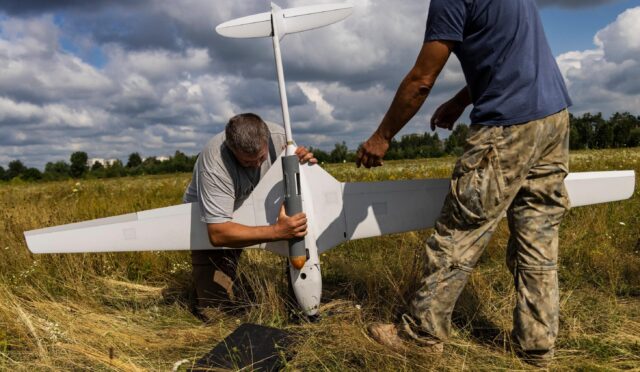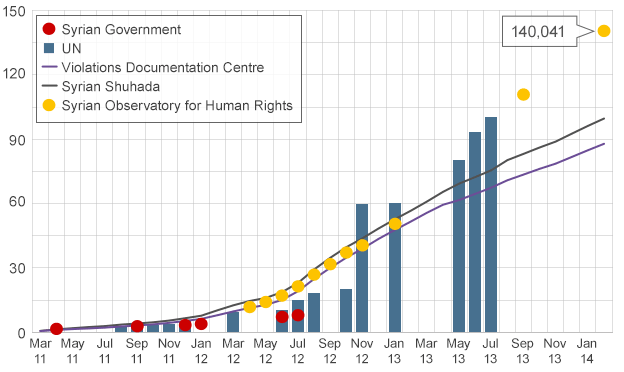Advanced Battery Monitoring Systems for Aircraft and Drones
The European Defence Agency (EDA) has initiated a groundbreaking three-year research project aimed at developing advanced battery monitoring systems specifically for hybrid-electric aircraft and drones. This strategic move is designed to enhance battery lifespan, ultimately improving the overall performance of these aerial systems. EDA officials stated, “These systems will help predict how long the batteries and the materials that comprise the aircraft can be safely used, reducing the risk of failure and increasing flight safety.”
This ambitious project is being spearheaded by Italy and involves collaboration with Belgium, Germany, Greece, and the Netherlands. The primary focus lies on aerial vehicles that utilize structural lithium-ion and polymer batteries, which are rechargeable and specially engineered for aviation applications. Unlike traditional batteries, structural batteries not only serve as energy storage solutions but also integrate into the aircraft’s framework, resulting in reduced weight and enhanced fuel efficiency.
Collaborative Innovation and Financial Efficiency
The EDA emphasized that this collaborative effort pools the expertise and testing facilities of participating Member States. By doing so, it effectively reduces financial burdens while striving to accelerate innovation in the sector. The agency noted, “These efforts combine the expertise and testing facilities of Member States, reducing financial burdens and aiming to accelerate innovation.” Such collaboration is vital in developing cutting-edge solutions that enhance the safety and efficacy of aerial operations.
The project is structured into several critical phases, encompassing design, testing, and technology development. Through this consortium, European countries plan to create advanced algorithms for early anomaly detection, which will significantly improve both safety and operational efficiency in aircraft. Additionally, a sensor network and a sophisticated battery management system will be established, ensuring compliance with the specific construction standards for structural batteries.
Rigorous Testing and Development
To ensure the reliability and performance of these innovative systems, laboratory tests and experimental trials will be conducted. These evaluations will focus on assessing the durability and functionality of structural batteries, as well as the components used in unmanned aerial systems under realistic operational conditions. This rigorous approach is critical for validating the technology before it is deployed in actual flight scenarios.
The EDA, founded in 2004, plays a pivotal role in assisting EU nations in collaboratively building and enhancing their defense capabilities. The agency is responsible for establishing operational requirements, advancing research and technology, and facilitating training initiatives. Furthermore, it supports security and defense missions, working closely with defense industries across Europe to foster innovation and cooperation.







